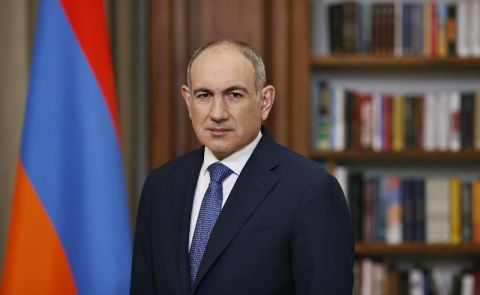
European Union Special Representative for South Caucasus visited Armenia and Azerbaijan
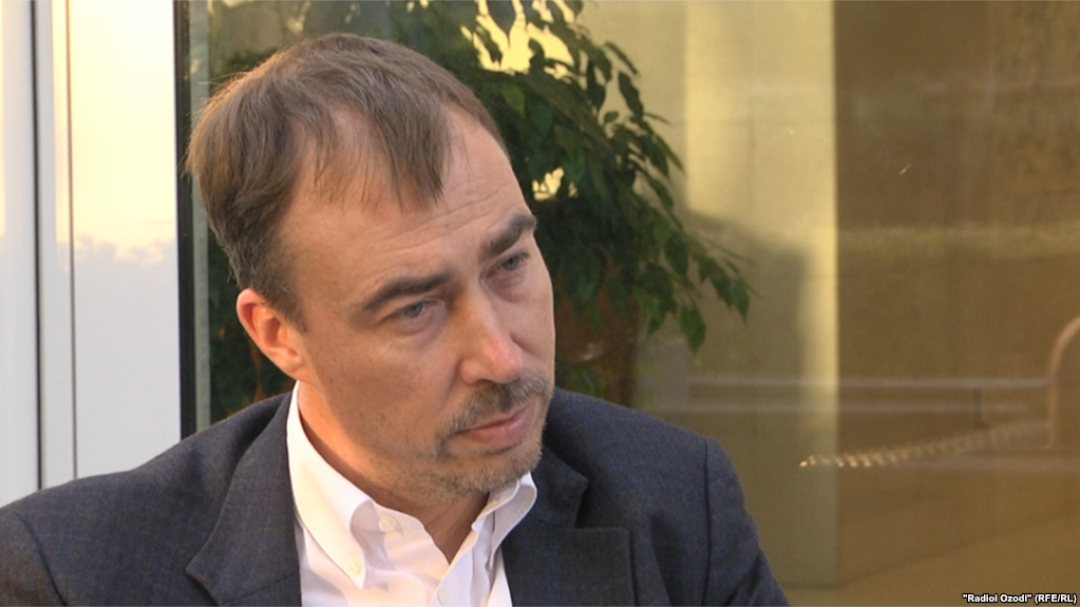
Armenia
Toivo Klaar, the EU Special Representative for the South Caucasus and the Crisis in Georgia, met with Prime Minister Nikol Pashinyan. Ambassador Andrea Wiktorin, Head of the EU Delegation to Armenia, was also present during the meeting.
The Prime Minister emphasised the significance of Armenia-EU collaboration and complimented President of the European Council Charles Michel's efforts to build regional stability, which, together with the work of other international partners, contribute to regional discussion. Nikol Pashinyan expressed pleasure with the provision of €2.6 billion to Armenia under the EU's Eastern Partnership economic-investment plan and the execution of development programmes in the country, reaffirming Armenia's commitment to the agenda of democratic reforms.
Toivo Klaar expressed gratitude to Armenian Prime Minister for his observations and underlined the EU's commitment to deepening its collaboration with Armenia and continuing efforts for regional peace.
The speakers discussed the execution of the agreements agreed during the European Council President's meeting with Armenia's Prime Minister and Azerbaijan's President on April 6 in Brussels. The war in Nagorno-Karabakh, the delimitation and delineation of Armenia's and Azerbaijan's borders, and the unblocking of the region's commercial and transportation infrastructure were considered.
During the meeting, the execution of the EaP investment package's programmes was discussed. Ambassador Andrea Wiktorin, Head of the EU Delegation to Armenia, discussed the current activities and future objectives in this context. The programmes seek to promote Armenia's democracy, stimulate the economy, grow SMEs, and improve energy and infrastructure.
Moreover, Mher Grigoryan, Armenia's Deputy Prime Minister, and Toivo Klaar, the EU Special Representative for the South Caucasus and the Georgian Crisis, met in Yerevan on 21 April to discuss the formation of a bilateral commission on the Armenia-Azerbaijan border.
During the meeting, the Armenian Prime Minister, the Azerbaijani President, and the Russian President discussed the implementation of the 9th point on unblocking regional communications, which was mentioned in the joint statement of the Armenian Prime Minister, the Azerbaijani President, and the Russian President on November 9, 2020.
The Deputy Prime Minister addressed the Republic of Armenia's perspective, citing this procedure as a guarantee of long-term peace and stability in the area, according to a government release.
Azerbaijan
The railway and highway link between Azerbaijan and the Nakhchivan Autonomous Republic, according to President Ilham Aliyev, must be clarified with Armenia. On April 19, he made the statements while receiving a group led by Toivo Klaar, the European Union Special Representative for the South Caucasus and the Georgian Crisis.
"Communications with Azerbaijan and the Nakhchivan Autonomous Republic is one of the topics that has to be discussed with the Armenian side," he stated.
Aliyev said that Azerbaijan has completed more than 60 kilometres of the railway and would finish it next year, but that Armenia has yet to begin work on the feasibility study, indicating that the project may be delayed.
Aliyev noted that Azerbaijan is aggressively developing the motorway, with the majority of it already completed. He also voiced optimism that the motorway will reach Armenia's border by the end of the year.
"Unfortunately, at the conference in Brussels, the Armenian Prime Minister did not disclose the geographical coordinates. On February 4, I reported this concern in a video conference, but received no response. On April 6, I inquired for the road's geographical coordinates once more, but received no response. I'm hoping we'll have it soon," he optimistically expressed.
The President praised the trilateral summit in Brussels, describing it as "extremely fruitful" and "producing good outcomes and achievements."
"I'd like to express my gratitude to President Charles Michel for his work and for establishing an environment that has allowed us to address extremely significant matters and agree on the start of the normalisation process," he added.
Aliyev emphasised the necessity of keeping this momentum going and that all parties stick to their commitments. "However, in general, I consider the outcomes of the Brussels summit to be constructive. He said, "I revealed this to the public on April 12." He noted that the Armenian PM spoke frankly about the normalisation process the next day, as well as Armenia's recognition of Azerbaijan's five principles.
"This is a watershed moment in the process." These are, in my opinion, positive remarks. "Now, following both sides' public statements, we must demonstrate our sincerity at the table," he remarked.
Toivo Klaar, for his part, emphasised the need of working to secure the execution and continuance of the agreed-upon problems. "That is why I've come to see you. I'll be here today to hear your thoughts on the next stages and to understand what we can do as the European Union to help the normalisation process and work toward a complete solution," he added. "I'll be in Yerevan in the second half of the week."
Toivo Klaar, the Special Representative of the European Union (EU) for the South Caucasus, and Azerbaijani Foreign Minister Jeyhun Bayramov reviewed the current regional situation and the implementation of the agreements agreed in Brussels on April 6.
The parties also discussed the actions taken to improve relations, including the execution of the agreements agreed at the Azerbaijani and Armenian presidents' meeting in Brussels on April 6 with the mediation and involvement of EU Council President Charles Michel.
The sides also emphasised the necessity of progress in the normalisation process in safeguarding regional peace and security. They also stressed the importance of the beginning of the delimitation process between Azerbaijan and Armenia, as well as the formulation of a peace accord, the continuing of humanitarian efforts, and the opening of all transportation communications.
See Also

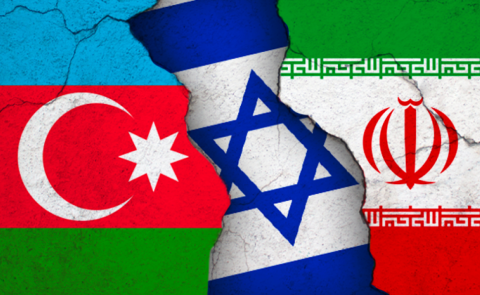
Azerbaijan Calls for 'Dialogue and Diplomatic Resolution' Between Israel and Iran
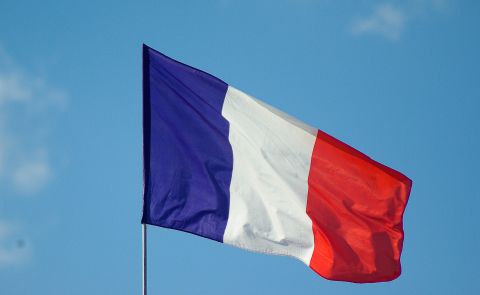
Azerbaijan and France Explore Industrial Cooperation
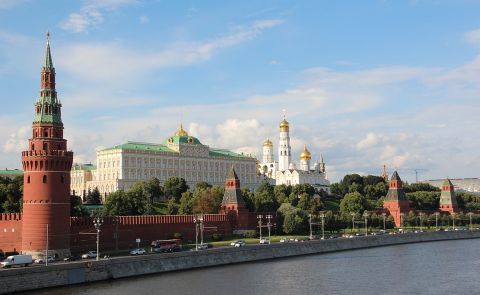
Russian Senator States Georgia Rejects Brussels’ Directives
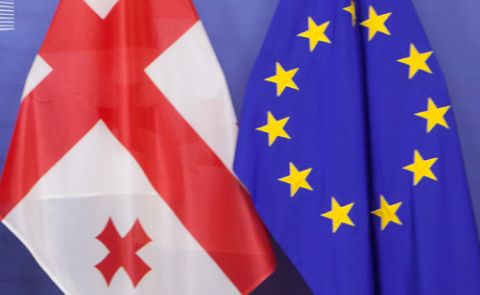
EU Ambassador Rules Out Suspension of Visa-Free Travel for Georgia

